Should You Explain To An Expert Why Their Professional Opinion Is Wrong?
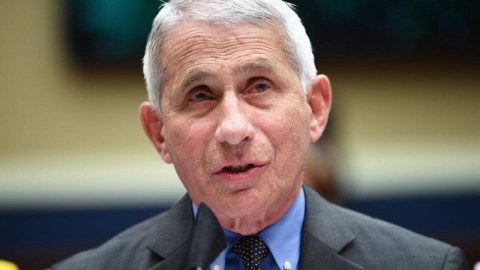
There’s a flowchart if you aren’t sure.
It’s a situation that comes up all too frequently: an expert in their field publicly states a conclusion that is thoroughly accepted by the overwhelming majority of professionals who work in that field, only to get a deluge of responses from the public. Although the individual content of those responses will vary, the gist of them is usually the same:
- a declaration that the expert is wrong,
- an assertion that a non-consensus opinion is instead correct,
- and an accusation that the expert themselves is either corrupt, intellectually compromised, or a victim of groupthink.
Sometimes, of course, even the best experts are mistaken. Sometimes, the best evidence points to one conclusion, but then new evidence comes along that throws that conclusion into doubt. And sometimes, a brilliant outsider or newcomer can emerge in a field, showing a new and superior path forward in our understanding of whatever we’re investigating. But most of the time — practically all of the time — there are serious gaps and fundamental misunderstandings at work in the knowledge and mindset of the non-expert, not an oversight or an error on the part of the expert. Here’s a handy guide to when you should (and shouldn’t) explain an expert’s field to them.
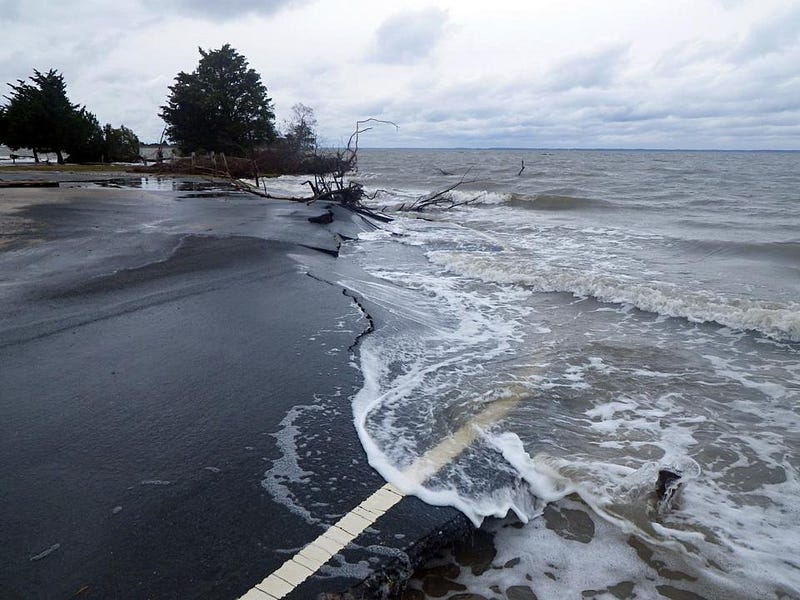
Are you also an expert in that field? It’s vital to understand that experts often disagree, particularly when they’re talking about the absolute frontiers of their fields. For example, the first model that was put forth to consider the large-scale effects of global warming due to CO2 emission was published all the way back in 1967, and the major conclusions that it reached back then are still valid. Atmospheric circulation was understood, and that enabled very accurate predictions of how changing the CO2 concentration in the atmosphere would affect the temperature of the atmosphere: where doubling the concentration would increase the temperature (with fixed relative humidity) by about 2 °C.
This is tremendously consistent with the observed warming of about 1 °C, since the first accurate global temperatures were measured back in the 1880s, and the increase in CO2 concentration from the start of the industrial revolution, of about 50%. Those large-scale effects are not seriously debated by experts in the field for very good reasons: the evidence agrees with theoretical predictions. However, many aspects of modeling — ice sheet melting, cloud processes, and the impact on ecosystems and human society — are actively being studied. This is where experts often argue, and this should be the case.
If you’re also an expert, feel free to argue with other experts about the frontiers of your field.
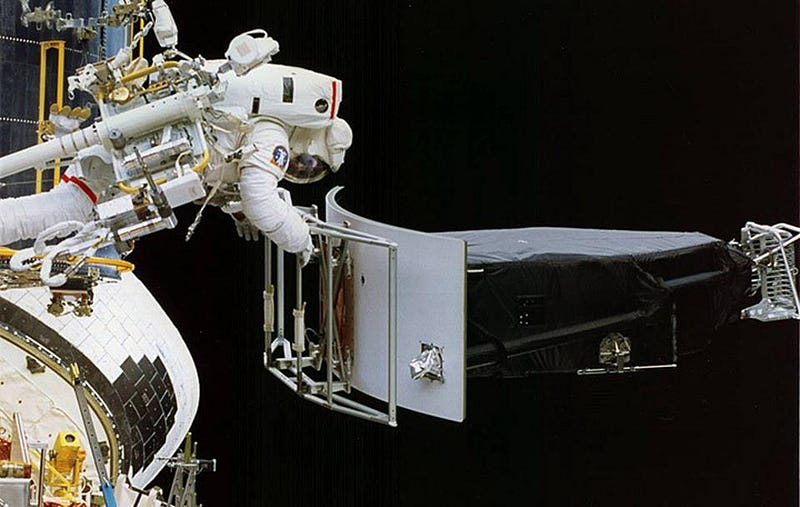
Have you discovered and verified an error in the expert’s assertions? Oftentimes, people who are experts in one particular field will err, even though it’s their area of expertise. There’s not a single person among us who’s infallible, and this goes for the most brilliant experts throughout history. The greatest names in physics, including Einstein, Hawking, Feynman, and Newton, all made enormous blunders in their professional lives. That includes not only in their research, but in their teachings and writings as well.
Expertise does not equal infallibility, and we do no one a service to pretend that it does. However, unless the error is obvious and an easily checked matter of fact, it’s almost always the case that the only type of person with the proper background to even discover and identify the error is usually another expert.
If you think you’ve found an error in something an expert has said, it’s best to either check with another expert or bring the supposed error to their attention with some humility. Otherwise, you’re more likely than not to wind up “correcting” someone incorrectly, an uncomfortable situation for everyone.
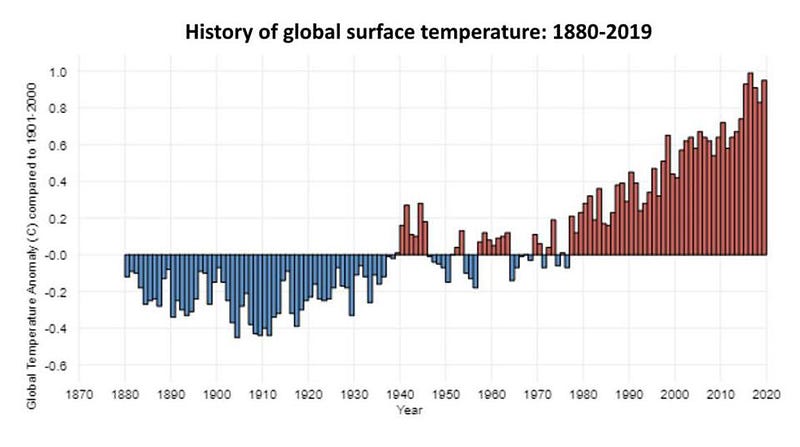
Is the expert in question asserting a contrarian position? This is the largest danger that’s arisen in our society from the “we inform, you decide” model, where two experts are brought into a public forum to each present their case. Expert #1 presents some evidence and draws one conclusion, while expert #2 presents a different set of evidence and draws a different conclusion that runs contrary to expert #1. The public is left to make up their own minds and do their own research.
On the surface, this seems like an eminently reasonable path, as it’s one we follow in many aspects of our lives. But in many matters, and in scientific matters in particular, this self-reliant path can easily lead a non-expert astray. If you fundamentally lack the expertise necessary to evaluate the full suite of evidence — and remember, it takes many years of study and many self-corrections to obtain that expertise — you should be deferring to those who do have the expertise. Don’t pick the expert you like best; pick the set of experts who are the most honest and forthcoming about what the full suite of evidence shows.
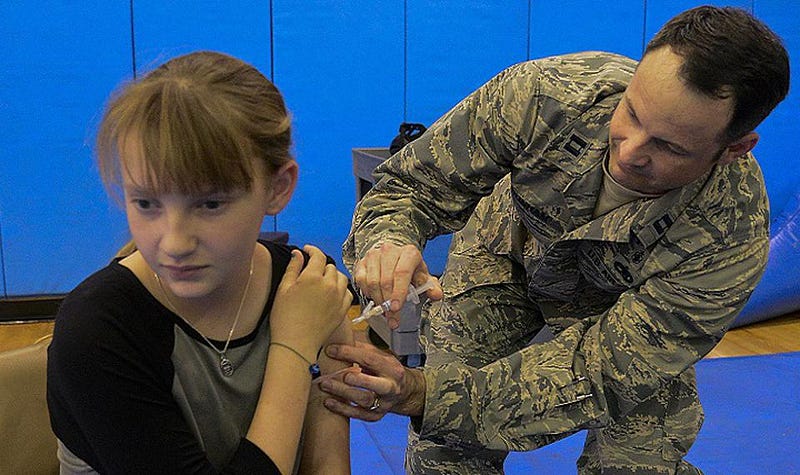
There’s a corollary here: if you want to judge for yourself whether someone is touting a position that’s generally accepted by the consensus of experts, and whether that’s justified, don’t look at any of the following:
- who the person is declaring something to be true,
- how you personally feel about the implications of the declared truth,
- or what the source of this claim is.
Liking person “X” or liking statement “Y” is an easy way to fool yourself into believing something on ideological grounds, rather than logical ones.
You must instead recognize that the only validity that something has is in how that particular conclusion was reached. Scientific consensus, contrary to popular opinion, is only achieved when the overwhelming majority of competent professionals judges that a certain threshold of rigor has been surpassed, and that the full suite of knowledge obtained demonstrates that something is, in fact, true. As Eero Teppo of the group Students 4 Best Evidence wrote back in 2017:
“The more you educate yourself about how a particular conclusion has been reached, or why a given claim is being made, the less you simply have to ‘bet on’ the claims of others.”

Are you convinced that there’s a conspiracy afoot? Is the conclusion that the expert reached simply unacceptable? When you take a look at who funds the experts that reached those conclusions, do you find conflicts-of-interest and suspect foul play? Do you know, in your heart and your gut, that despite what the experts say, their assertions are not only wrong, but harmful, perhaps even running counter to your own personal experience?
If you’ve answered yes to any of these questions, I hate to inform you that none of these reasons invalidate those conclusions. There have been a number of cases where fraud has been committed or evidence has been covered up — or where studies are squashed because what they found would hurt someone’s bottom line — but they almost always occur when a powerful business or political interest would benefit by discrediting the scientific consensus. Unless you’re willing to take a long, hard look in the mirror and own up to your own shortcomings, there are no words anyone can share with you that will change your opinion, and that’s to the detriment of us all.
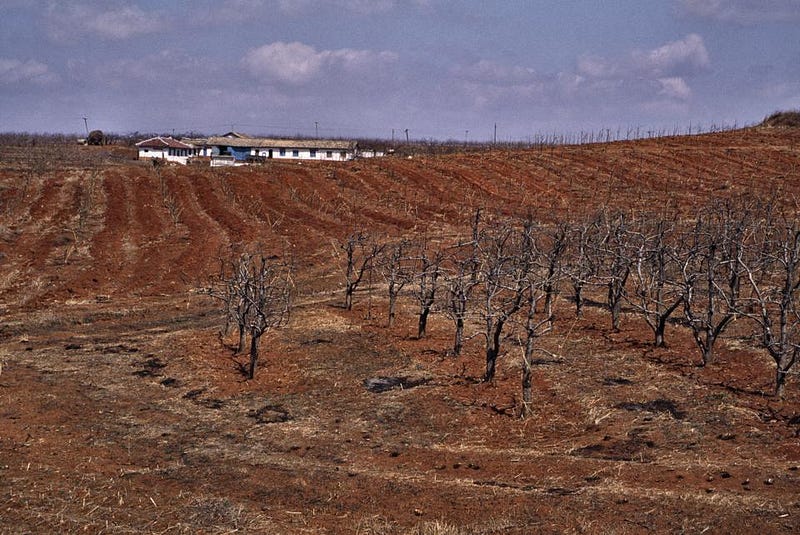
It’s vital to recognize that there is an extraordinary difference between an expert and a non-expert in terms of not only knowledge, but in experience passing judgment on fringe, alternative, and contrarian ideas. The above-average homeowner is far less skilled and experienced at wiring a house than a below-average electrician; most of us have that humility inherent to us and know that if a problem with our house arises — whether it’s with an electrical, plumbing, or HVAC system — there are limits to our own expertise, whereas a professional’s limits will be far beyond our own.
Most of us simply don’t have the time, energy, resources, or freedom to pursue our non-professional curiosities with the same intensity that a professional does. If you know enough to take your car to the mechanic when the check engine light comes on, why would you tell:
- climate scientists that you know the Earth isn’t warming,
- infectious disease specialists that vaccines are ineffective and unsafe,
- astrophysicists and cosmologists that the Big Bang never happened and the Earth is flat,
- or a public health professional that the novel coronavirus SARS-CoV-2 is a hoax?
However, even as a non-expert, there is a proper context for explaining an expert’s own field to them.

Have you obtained permission from the expert to explain your understanding of their field/work to them, so that they can see if you’ve understood it correctly? This is one of the most powerful ways that someone who’s ready to learn can enhance their own knowledge and understanding. Whether you are:
- an expert in the same field but who hasn’t done the particular work that another expert has done,
- an expert in an adjacent or related field,
- a student working to become an expert,
- or a non-expert just looking to learn more about a particular field,
this technique can be incredibly effective in growing your own grasp of a subject. It does, however, require an enormous amount of work on your part, as you are obligated to both do your homework in advance — reading and analyzing their work, synthesizing an understanding of their subject together, and preparing an explanation in a clear and coherent fashion — while simultaneously being willing to revise your mental picture on the fly as your misconceptions and misunderstandings are corrected in real-time.
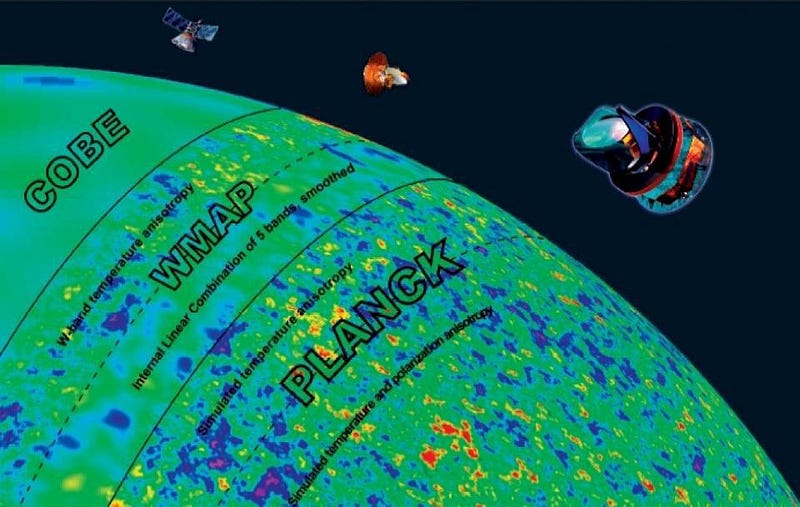
This is, fortunately or unfortunately, depending on your perspective, the only valid time for a non-expert to explain an expert’s own field of study to them. There is an incredible arrogance that comes along with a willingness to explain to an expert something that they know vastly more about than you do. Whereas the non-expert sees this as an encounter of equals — two grown adults each with their own set of knowledge — the expert sees it as similar to an encounter with a belligerent kindergartener.
If you are unsure as to whether you should be explaining something to an expert, rather than remember all of these steps, you can simply download and refer to this handy flowchart that I made, which allows you to answer a simple set of questions to determine what the best course of action is for you to follow. Regardless of your level of expertise or the expertise of the person who you’re thinking of saying something to, these guidelines should help you make the right call.
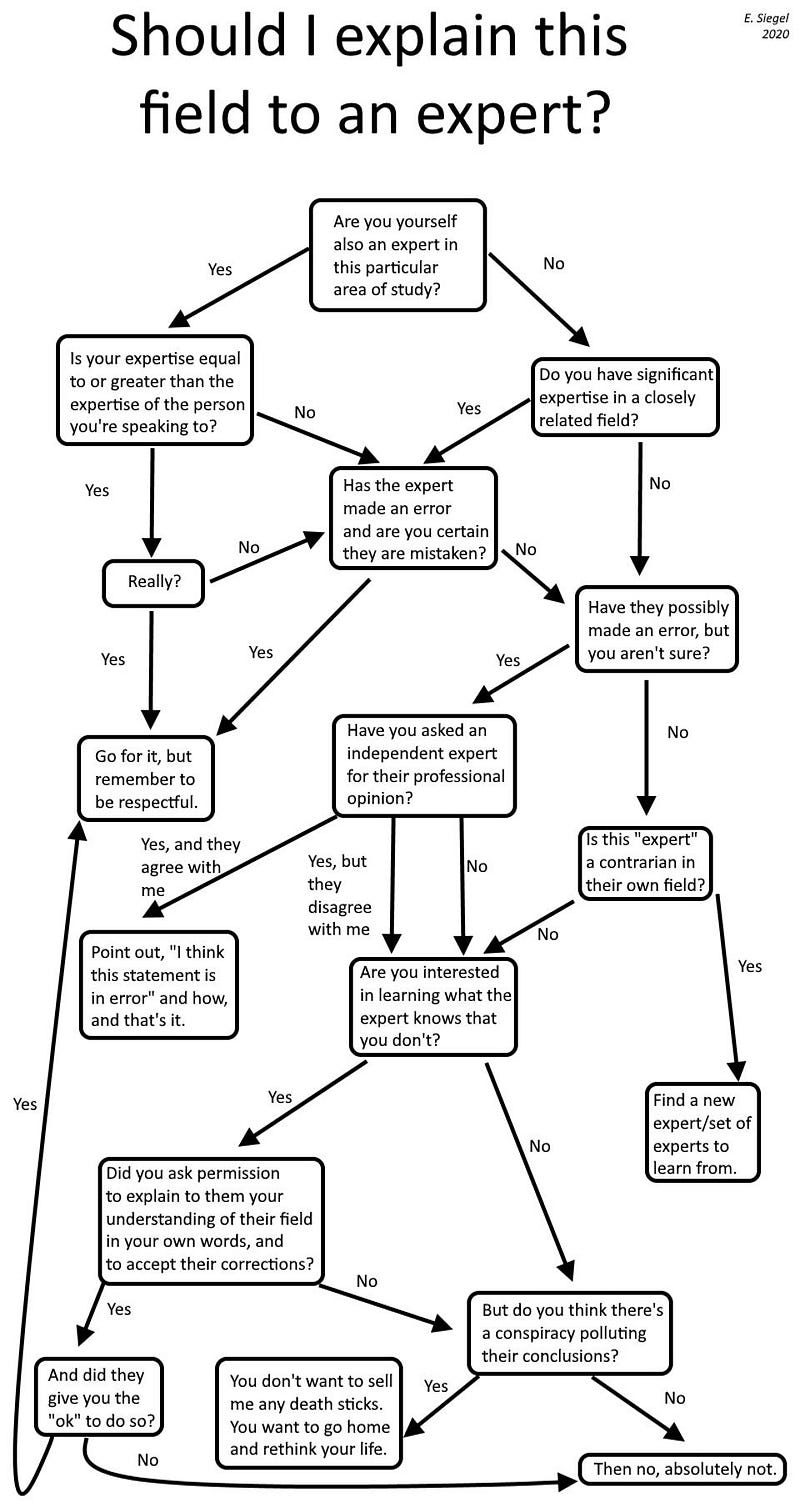
It is an all-too-common phenomenon that we overestimate our own capabilities in areas of study where we have no experience or expertise, while simultaneously undervaluing the capabilities and expertise of legitimately trained and competent professionals. For some reason, even though we know how much work goes into becoming a scientist, this extends even to scientific fields. Although a great many of us are capable of becoming competent scientists, very few of us have put in the work in order to do so.
We must not make the mistake of thinking that our own hunches, opinions, or conclusions are just as valid as those of the experts, particularly when we ourselves lack that necessary expertise. When we devalue that expertise individually, it causes harm to the greater society: we spread preventable diseases, we ignore pressing problems as they worsen, we make poor decisions based on invalid information. The full suite of information, as evaluated by the community of expert professionals, is the best type of knowledge humanity has ever obtained. You can learn it for yourself or you can listen to and follow the experts, but you must not obstruct the best chance humanity has to make it as a successful civilization on this world.
Starts With A Bang is written by Ethan Siegel, Ph.D., author of Beyond The Galaxy, and Treknology: The Science of Star Trek from Tricorders to Warp Drive.





